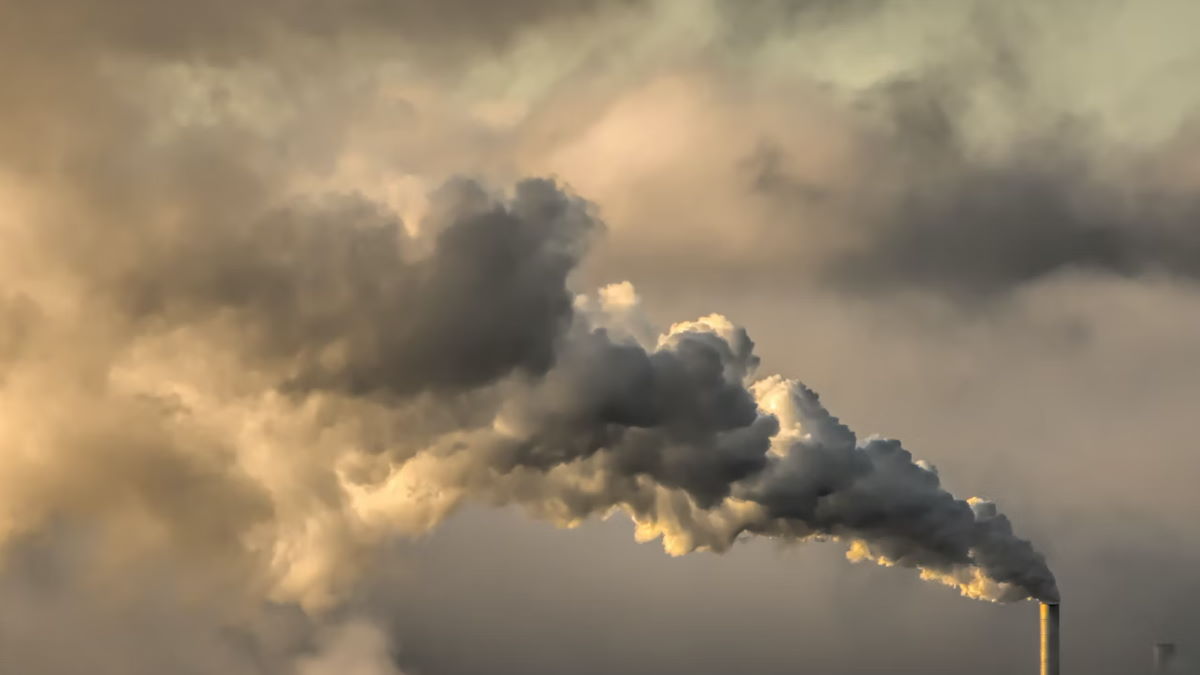I just received a comment to my last post (I was going to say to my post from yesterday, but who knows when you read this).
It was the one entitled “Explaining the metaverse” which explained the businesses that are set up with objects that only exist in virtual worlds.
The commentary is by Marc Masmiquel.
For those of you who know him, you will already know that he is a sustainability nut, so you can imagine what he’s talking about.
For those of you who don’t know him, I recommend you take a look here: https://www.m2ishere.com/
In my post, I explained how business is done with something as virtual and not very tangible as DGT points.
The truth is that when I reread it I thought that I was going to be sued for apology of something.
Because I might be giving strange ideas to people who hadn’t even thought about it.
Probably not entirely legal.
Not clearly illegal either… if no one catches you.
But then I thought… When a thing ceases to be controversial, it ceases to be of interest.
(Not mine, William Hazlitt’s, presumably).
Back to the subject of speculation on things that are neither currency nor tangible.
Marc reminded me of the one that applies to CO₂ emission rights.
What are CO₂ emission allowances?
They are a permit for which large companies and energy producers pay for their polluting emissions.
(*) The full name is actually more complex because it includes CO₂, methane and other greenhouse gases. CO₂ for friends.
Why do CO₂ emission rights exist?
The theory is clear: to punish polluters and discourage them from continuing to pollute.
What actually happens?
Well, the devil is in the detail.
An international forum defines how to organise these emission allowances to achieve the intended effect.
As with everything international, this translates into different rules and regulations by country, by region, by sector, and so on.
In addition, some of these allowances are allocated for free, while others are auctioned.
And trading of these rights is allowed.
I remind you that we are talking about rights. Something as virtual as DGT points. Nothing physical.
But people can buy and sell them.
You can imagine that if they vary by country, region, sector, etc., and if there are free rights and priced rights, they can come in all colours.
And, of course, if there are companies willing to pay for them because they need them to maintain their production (without reducing the pollution they generate, of course), then there are investors who see the opportunity to buy them at one price and sell them at another.
It is traded like a share on the stock exchange. Like Apple, Inditex or the dollar.
You can see it here.
If in 2016 the price per ton was around €6, in the last year it has moved between €42 and €98.
Very good!
Regardless of whether there are people who do business with it, the important thing is, does this measure encourage pollution reduction?
Partly yes, because the high price presumably means that people consume less; fewer plane journeys, fewer car journeys, less air conditioning.
Partly no, because when the end consumer has no alternative they are simply going to weigh up whether it improves or worsens their quality of life and ethical well-being to make use of that polluting service against the outcome of that service.
In the meantime, we have people who make big business speculating on virtual rights, obliged by law and which the end user in many cases cannot avoid.
Another cryptocurrency.
Set up by states, with a very laudable objective, supported by laws.
But virtual at the end of the day.
And then there are people who say that you have to be crazy to invest in bitcoins. That there is nothing behind it.
Would you buy?
